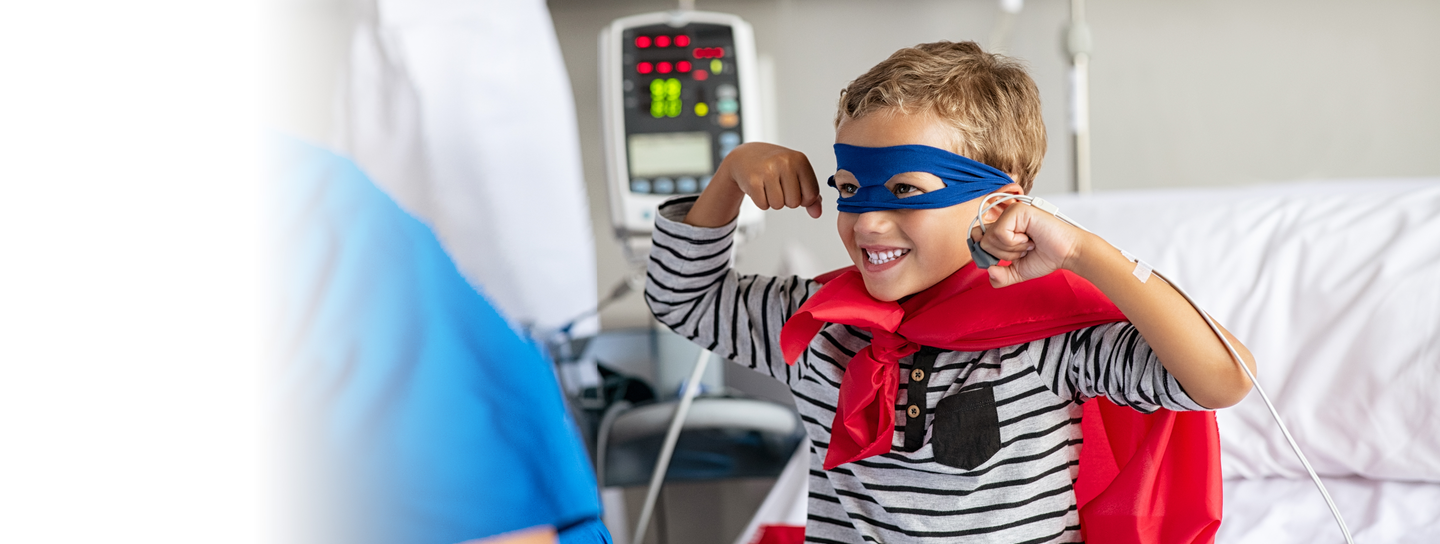



At St. Luke’s, we’re more than health care providers — we’re your neighbors, advocates, and partners in community health. Our connection to the communities we serve in Idaho and Eastern Oregon drives our commitment to earning your trust in everything we do.

At St. Luke’s, we’re more than health care providers — we’re your neighbors, advocates, and partners in community health. Our connection to the communities we serve in Idaho and Eastern Oregon drives our commitment to earning your trust in everything we do.
Need care today or just planning ahead? Enter your location to see nearby options.
Explore the different types of care available to find what’s right for you.

Talk to a St. Luke's provider every day from the comfort of your home on your computer or smartphone. Learn more

Urgent care centers provide walk-in treatment for non-life-threatening illnesses and injuries that require prompt attention.


For life-threatening conditions, call 911 or go directly to the nearest Emergency Department.


In-person visits ensure thorough assessments and direct interaction with your health care provider. Schedule an appointment with one of our primary care providers for illness or injuries.
Explore the different types of care available to find what’s right for you.
Use these tools to take your next step with St. Luke's.

Tell us who you are to display relevant links.

The St. Luke’s Children’s Hospital team has recently received an increased number of questions from parents and caregivers about how to best protect the health of kids.
Hyperbaric oxygen therapy allows patients to breathe medical-grade oxygen while inside a pressurized chamber.
After one year of construction, the St. Luke's Boise hospital has begun changing as recent project takes shape.

At St. Luke’s, everything starts with you. Your health, your story, and your goals guide how we care. As Idaho’s only not-for-profit health system, we’re committed to building real relationships, supporting healthier lives, and showing up for the people who count on us.

From your baby’s grand entrance to high school milestones and beyond, St. Luke’s Children’s is here for every stage of growing up. Our team cares for kids and teens with exceptional pediatric expertise, compassion, and services built specifically for young people and their families. As the only dedicated children’s hospital in the region, we make advanced inpatient and outpatient pediatric care easier to access, offering you connection to specialists who understand the unique needs of growing bodies and minds.

Discover engaging community events hosted by our health network, designed to foster wellness and connection. From health fairs and educational seminars to fitness classes and support groups, there's something for everyone to participate in and thrive.

We're dedicated to making a difference. Whether lending a hand at events, providing comfort to patients, or assisting with administrative tasks, your generosity contributes to creating a supportive and compassionate environment within St. Luke's.